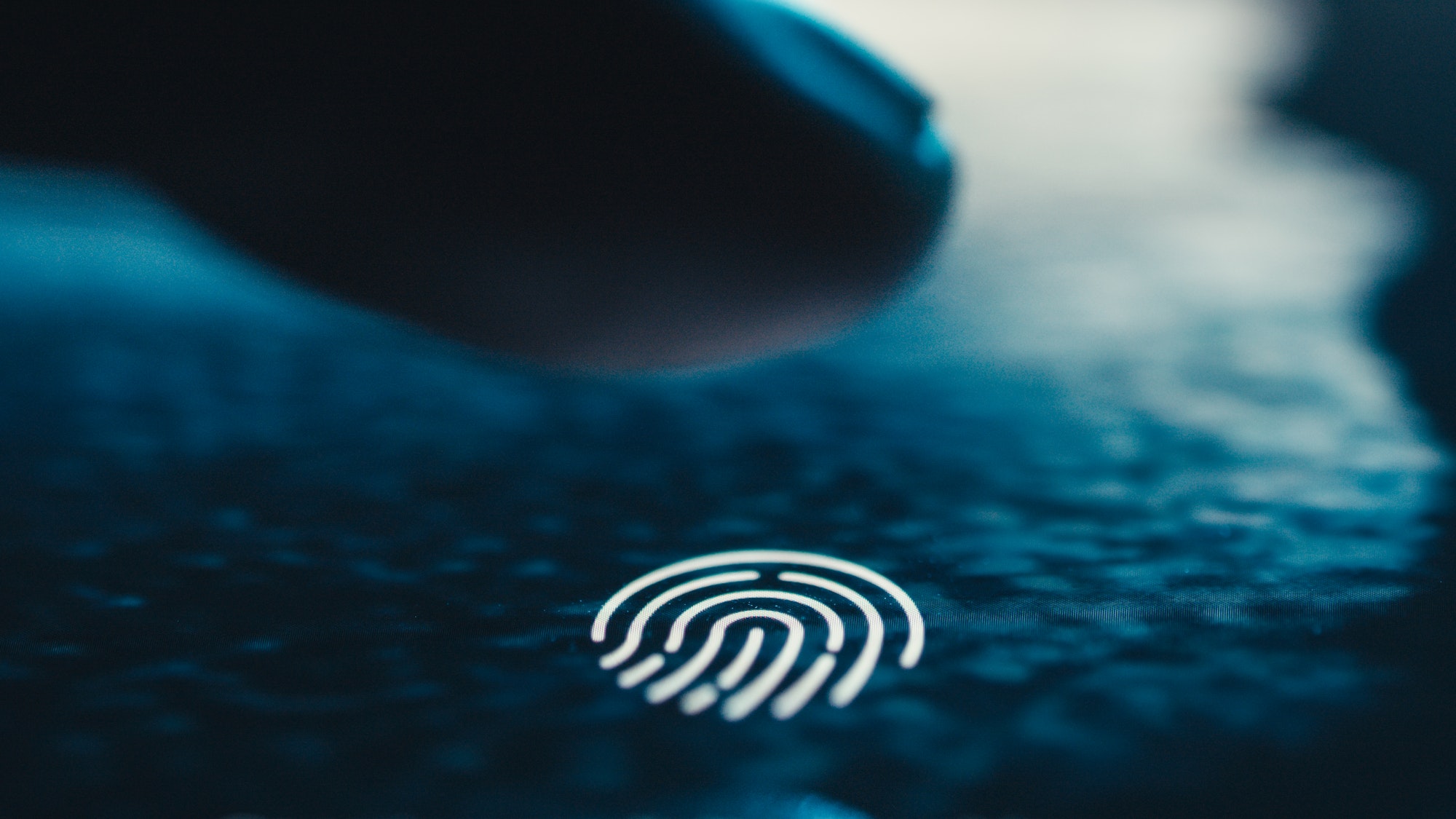Bill 208 has been passed by the Illinois legislature guaranteeing five (5) days or forty (40) hours of paid leave for all employees in the state, in either the public or private sector, to be used for any reason. The bill is known as the Paid Leave for All Workers Act (“Act”) which Governor J.B. Pritzker announced he will be signing into law. Should it be enacted, the Act will go into effect January 1, 2024, and place Illinois with Nevada and Maine, as the only three states with such a policy, giving workers guaranteed time off as well as the right to sue in court if the worker does not receive this statutory paid leave.
The Illinois Department of Labor will administer and enforce the Act. Employees will be able to file complaints with the Department of Labor within three (3) years of an alleged violation. The language of the Act states that employers found in violation of the Act are subject to actual damages, compensatory damages, attorneys’ fees/costs, and civil penalties, in addition to being subject to equitable relief.
While the Act covers all individual, public, and private employers with one or more employees in Illinois, certain federal and state government employers are exempt. The Act also exempts employers who are covered by a municipal or county ordinance in effect on the effective date of the Act which requires employers to give any form or paid leave, including paid sick leave or paid leave.
The Act includes various notice, posting, and recordkeeping requirements, along with limits on the employer requiring notice of leave, the employer demanding disclosures or reasons for leave, and the employer requiring employees to find a replacement while on leave. Illinois employers should begin reviewing their existing leave policies and consider necessary changes to ensure compliance with the Act.





